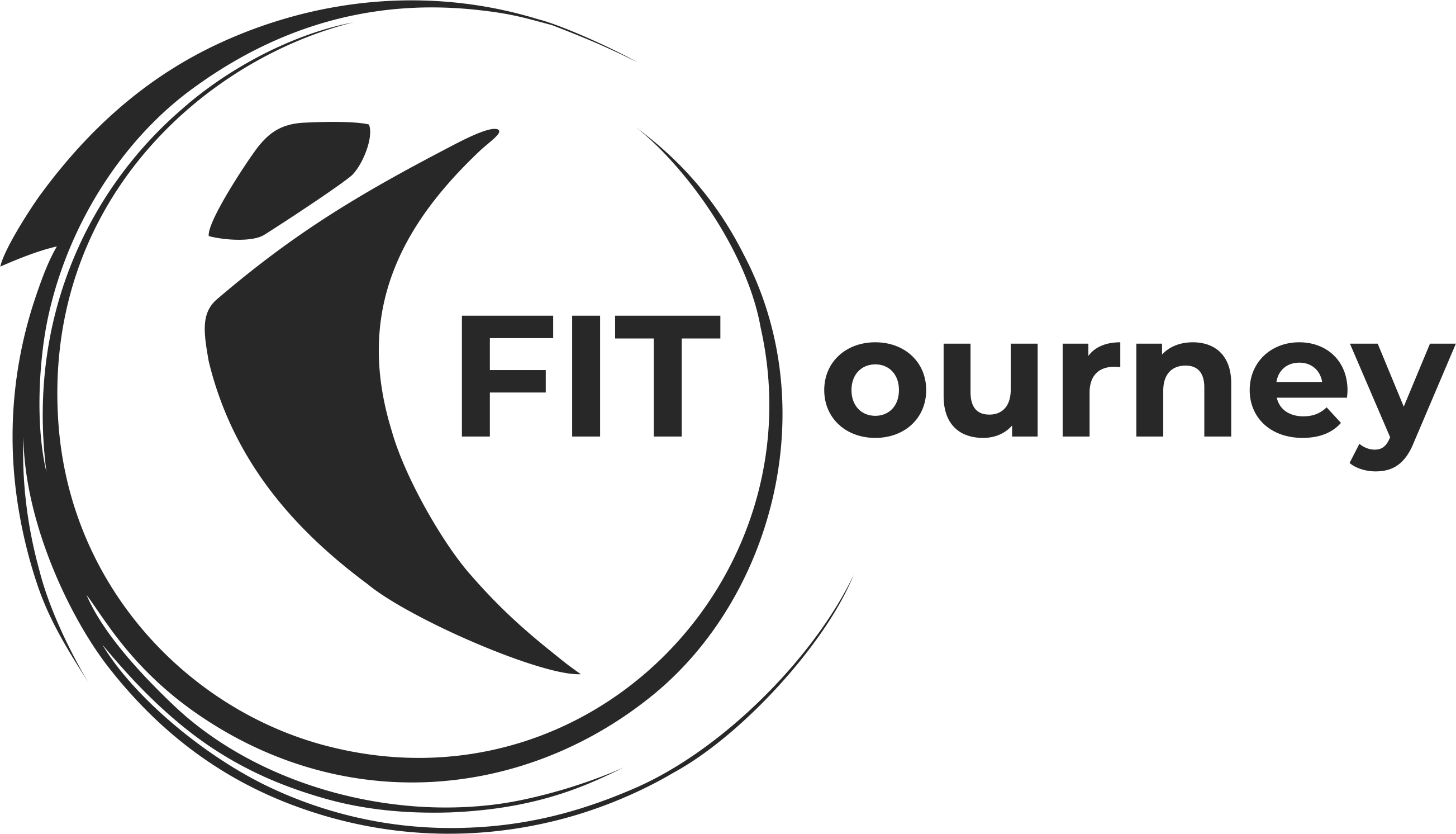"Consistency is the key, right?"
To get hypertrophy (increase in the volume of the muscle tissue) you need to stay consistent with your diet and workout.
But do you wonder why you are not getting results with your workouts and diet despite being consistent with them?
Here are the 5 culprits that stop you from gaining muscles even after being consistent:
Overtraining
Overtraining occurs when an athlete doesn’t recover adequately after an intense training session. It can lead to fatigue, declining performance and potential injuries. When you are trying to improve your performance, you have to push your limits. But sometimes to push hard you cross the limits. Performing repetitive, strenuous training without adequate recovery can result in overtraining, which negatively impacts the athlete's performance.
Overtraining is one of the main reasons why you are not progressing even after full dedication. Avoid it by giving your body a good rest to recover. Always remember "good recovery= good results."
Lack of protein
The most important element for muscle growth is the right nutrition. Carbs are a good fuel, fats are reserve energy and proteins are building blocks for muscles. When you do weight training, you break down your muscles, which require protein to rebuild them. Your muscles remain fatigued if you are not fueling your body with adequate protein.
Design your diet in a way where your body gets enough protein to recover your fatigued muscles. While focusing on protein, don’t forget carbs and fats too.
Progressive overload
When you are doing weight training, progressive overload matters a lot. Progressive overload means gradually increasing the intensity or difficulty of workouts over time. While exercising your muscles can't be challenged if you perform with the same weight and repetitions for an extended period. You have to challenge your muscles either by increasing repetitions or by adding some weights. Always challenge yourself in your workout to get your desired results.
Not focusing on eccentric contraction
"1 repetition = 1 concentric contraction +1 eccentric contraction"
Concentric means shortening of muscles while eccentric means lengthening of muscles. An eccentric contraction occurs when tension increases the length of the muscle. For example, the lowering phase of a biceps curl constitutes an eccentric contraction.
We often focus more on the lifting phase and neglect the releasing phase. Don’t forget that when you try to lift heavy, it is an eccentric contraction that helps you to improve lifting. Focus on both contractions equally to progress well.
Ignoring compound movements
Exercises where two or more muscle groups are involved are compound movements. For example, a squat is a compound movement that works the quadriceps, glutes, and calves. Compound exercises are good for burning a huge amount of calories, improving intramuscular coordination, improving strength and gaining more muscle mass.
Incorporate at least one compound exercise for each muscle group. Here are the examples:
- Chest: Bench press, incline bench press and decline bench press.
- Leg: Squat, lunge and step up.
- Back: Deadlift, bent over barbell row and bent over dumbbell row.
- Bicep: Barbell curl.
- Triceps: Parallel bar dip/triceps dip and close grip bench press.
- Shoulder: Standing barbell shoulder press/ military press.




